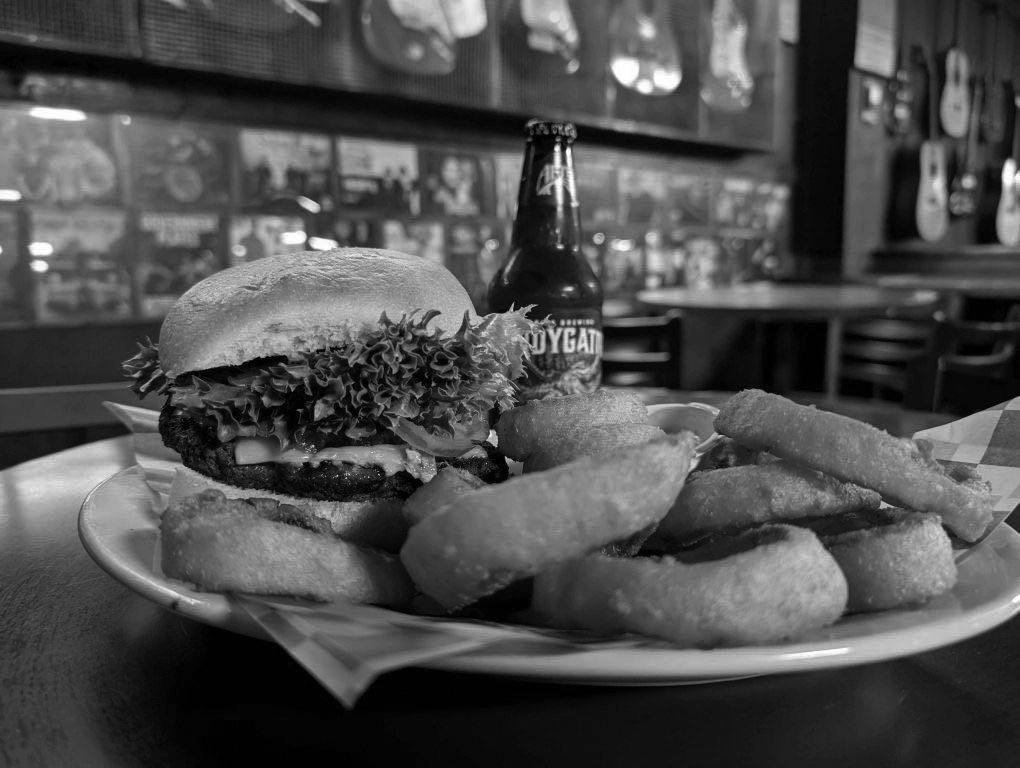Americana artist Justin Townes Earle will release his sixth album, “Single Mothers,” on September 9. Earle and his four-piece band rehearsed minimally for this live studio recording in order to achieve something authentic and raw.
Believing that the Americana genre has gone pop, Earle wanted this album to be more personal and mature. The 32-year-old artist successfully shed the mainstream production of recent Americana and embraced the stripped down roots that define the genre. Unfortunately, the result proves simply boring.
The disappointment is magnified by the high expectations that surround Earle’s musical exploits. Perhaps the transparent simplicity of this album was his way of striking out against unwanted pressure, or perhaps his new label Vagrant Records failed to push him creatively. Regardless, more is expected of the veteran musician whose father, country-folk mainstay Steve Earle, named him after mentor and Americana pioneer Townes Van Zandt. Add this to the five unique and critically-acclaimed albums Earle already has under his belt, and the uninspired release of “Single Mothers” just doesn’t make sense.
The best thing on the album is the fantastic work by pedal steel player Paul Niehaus. Often reminiscent of Paul Franklin, the piercing subtleties of Niehaus’s skill generate a touch of the emotion that Earle desperately attempts to create, as best displayed in the fifth song, “Picture In a Drawer.” This beautifully sad song could be one great piece to a dynamic work, but instead it’s just the best example of the sound that dominates most of this uninspired album. Even the slightly more upbeat songs such as “Wanna Be a Stranger” or “Burning Pictures” are depressing.
Still, this album was far from abysmal in terms of talent, and a few of the ingredients to his tried and true fusion of roots music are present. The first two songs follow classic blues chord progressions, and the first exhibits a little soul in the vocals. White Gardenias borrows from early country such as Hank Williams and Buck Owens. “Time Shows Fools” has a bluesy electric guitar solo with plenty of sass. “Burning Pictures” features a Lynard Skynard-esque guitar riff. Perhaps all this album needs after all is just a horns section, a Hammond organ, and a few more weeks of practice to develop some interesting dynamics.
Seamlessly blending early country, blues and soul, Earle’s sound is steeped in the roots of American music – specifically Southern music. Mississippians should be able to appreciate this music for its capacity to recall the history of our homeland and all the music that was born here, while still supplying something fresh and relevant to today’s music scene. Earle’s fourth album, “Harlem River Blues” was the pinnacle of this successful amalgamation. It peaked at No. 47 on the US popular music chart and No. 3 on the US Americana chart, and the title track and single from the album won Song of the Year at the 2011 Americana Music Awards.
About the time of the release of “Harlem River Blues,” Earle spent a night in jail and a stint in rehab, but he has known troubles since childhood. He grew up in a divorced home and supposedly abused drugs from an early age. He claims to have left all this behind to mature as an artist. Unfortunately, Earle’s two albums released since rehab have been let-downs. Trying to come to terms with past wrongs from a more mature standpoint, Earle somehow manages to sound even more immature and insecure. The lyrics can best be described as self-centered and depressing. His vocals are lacking of emotion and soul, failing to connect with his audience. With lyrics like “Absent fathers. Single mothers. Broken homes.” he places blame on others for messing up his life, but hardly owns up to his own mistakes or attempts to move on.
Earle tried to take his music back to its roots and create something soulful, authentic, raw and honest. Unfortunately it just didn’t work. It is bland, uninspiring and one-dimensional. His previous album, “Nothing’s Gonna Change the Way You Feel About me Now” foreshadowed this decline, but still clung on to some of the brilliance that brought him early success. It seems Earle has now completely lost his muse with “Single Mothers.” I admire Earle’s intent to make something raw and honest, but this is one artist who sounds better overproduced. Still, the sound he is known for is fun and full of depth and complexity. Readers unfamiliar with Justin Townes Earle who may want to listen to something that reminds them of home should definitely check out his earlier material. Just don’t waste your money on “Single Mothers,” and let’s hope that his next album doesn’t follow suit.















































































